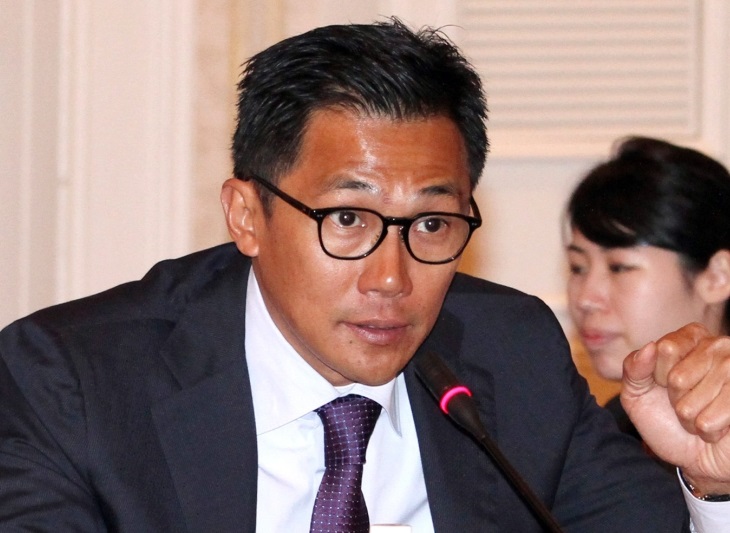Asia-Pacific Business Leaders To Urge APEC Economies to Adapt to New Business Realities in Promoting Regional Economic Integration

Amidst continuing uncertainty in the global economy, business leaders of the Asia-Pacific region urge APEC economies to stay the course in deepening regional economic integration as the means to promote resilience and sustained economic growth and recovery in the region even while adapting to new business realities.
This was the focus of the 3rd meeting of the APEC Business Advisory Council (ABAC) held in Kyoto where businesspeople prepared their recommendations for APEC Leaders to address current regional economic concerns.
“Regional economic integration provides the means to deliver APEC’s hopes for economic recovery and sustained growth, job creation and financial stability”, said Wishnu Wardhana, ABAC Chair for 2013. “APEC should pursue an ambitious agenda that encompasses more open trade and investment, not only in goods but in services as well, enhanced connectivity including hard and soft infrastructure, and deeper and integrated financial markets.”
To better achieve these goals, Wardhana said that APEC economies should take into account the evolving ways that governments and businesses operate. Global value networks and supply chains are the predominant business models in which APEC economies lead the world.
“Direct government involvement in the markets has been gradually decreasing while at the same time, the outsourcing of traditional public services including the provision of hard and soft infrastructure has been increasing exponentially,” he explained. “These circumstances have led us to recommend that specific actions be taken to support this development, which has created greater efficiency, generated jobs and helped promote inclusivity all across the region.”
ABAC’s recommendations in this regard include substantive and consistent progress in the various pathways leading to the establishment of the Free Trade Area of the Asia-Pacific (FTAAP); the initiation of a new services agenda in recognition of its being a key component of the value chain and which can determine an economy’s competitiveness as a result; and a multi-disciplinary and systematic approach to connectivity that includes the adoption of global data standards and a comprehensive system to infrastructure development in which attracting foreign direct investments is a key element.
“Inclusivity and sustainability are also critical elements to building resilience,” Wardhana continued. “We urge APEC economies to take actions to grow and strengthen small, medium and microenterprises and to enhance the participation of women in the economy as part of their inclusivity agenda.
Another development which ABAC believes APEC economies should recognize is the growing synergy between the government and business sector in the planning and delivery of economic benefits to the public. ABAC has been pushing for policy partnerships through dialogues and joint meetings. The public-private policy partnerships on food security promises a way forward to the long-delayed addressing of this critical issue at a comprehensive level. The Asia-Pacific Financial Forum (APFF) which will provide a regional platform for public-private sector collaboration to help accelerate the development of integrated financial markets will shortly be launched. Meanwhile, the Asia-Pacific Infrastructure Partnership (APIP) has held dialogues with six economies with the object of improving the environment for Public-Private Partnerships (PPP) in infrastructure financing and development.
Recognizing the need to enhance collaboration with Latin-American Region, ABAC agreed to grant observer status to Colombia at its Regional Economic Integration Working Group (REIWG) meetings.
“We look forward to our meeting with APEC Leaders in Bali to share our views and seek theirs on how to move forward the regional economic integration agenda,” Wardhana concluded.
About ABAC
The APEC Business Advisory Council is the official voice of business in APEC. ABAC brings together business leaders from each of the APEC’s 21 economies who are appointed by their respective heads of government. They have been tasked by APEC Leaders to identify policy priorities and key concerns of the business sector in achieving closer economic cooperation. Pak Wishnu Wardhana, Director of Indika Energy, one of Indonesia’s largest energy companies, is the chair of ABAC 2013.
For more information, please go to www.abaconline.org
Mr. Amin Subekti, ABAC Executive Director 2012,
Email: [email protected]
Mr. Antonio Basilio, ABAC Secretariat, Tel: (632)845 4564,
Email: [email protected]

